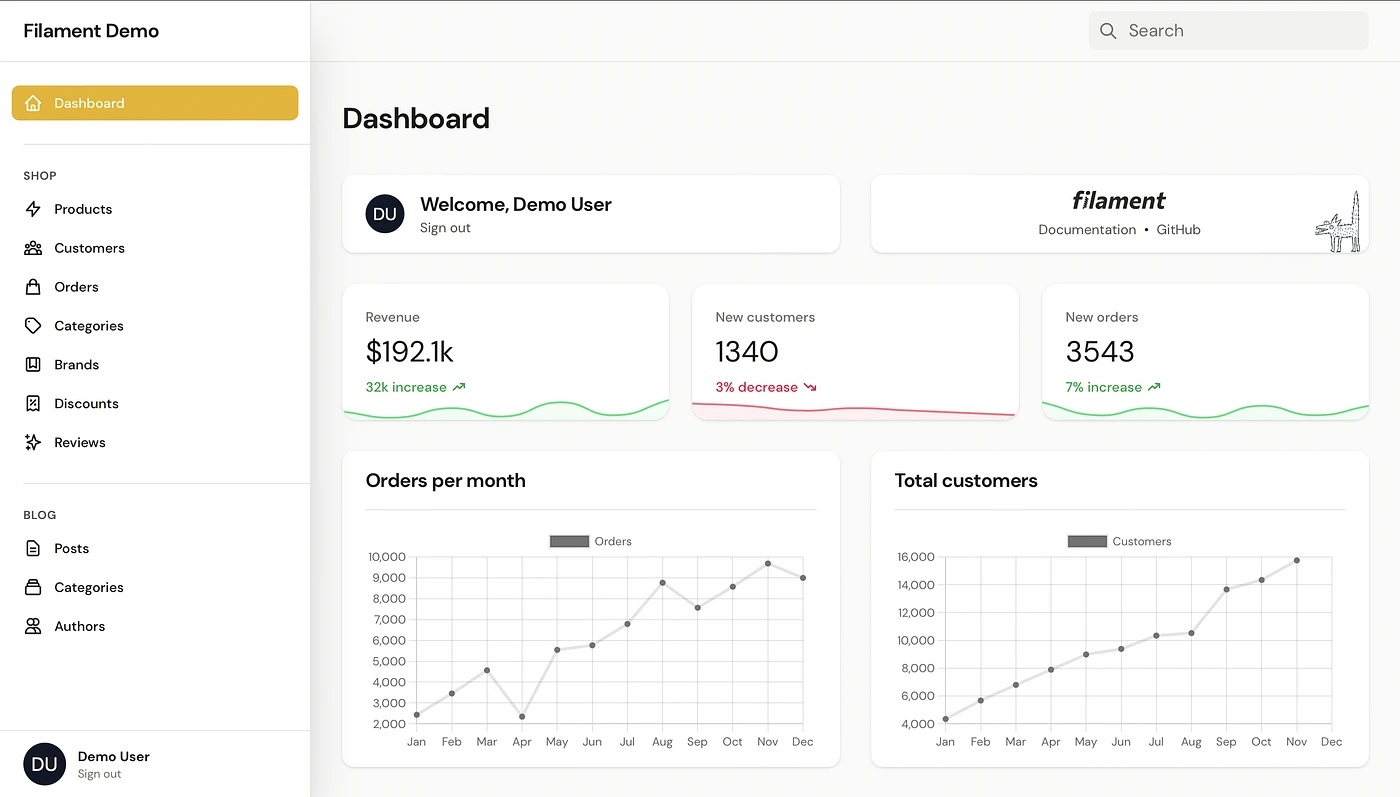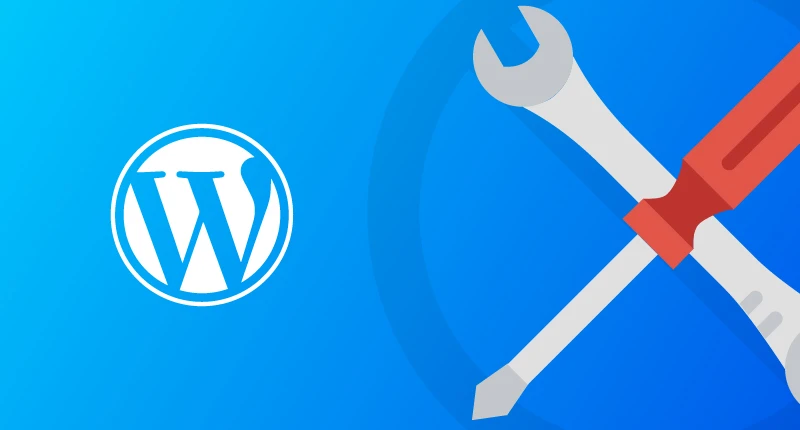WordPress vs. Laravel: Navigating the CMS Landscape for Small Businesses

In the realm of e-commerce and online presence, small businesses face a crucial decision: choosing the right content management system (CMS) to power their website. Two prominent contenders, WordPress and Laravel, stand out with their distinct strengths and cater to different business needs. Understanding the nuances of each platform is essential for making an informed choice that aligns with the specific goals and capabilities of a small business
WordPress: The User-Friendly CMS for Content-Driven Websites
WordPress has firmly established itself as the go-to CMS for small businesses, particularly those with limited technical expertise. Its user-friendly interface, intuitive dashboard, and vast repository of plugins and themes make it easy to create and manage a professional-looking website without extensive coding knowledge.
Key Advantages of WordPress for Small Businesses:
- Ease of Use: WordPress's drag-and-drop functionality and visual editing tools simplify website creation, making it accessible to users with varying technical skills.
- Extensive Plugin Ecosystem: A vast library of plugins provides a wealth of features and extensions, enabling businesses to customize their websites with e-commerce capabilities, social media integration, and SEO optimization.
- Large Community Support: A vibrant community of WordPress users and developers offers readily available online resources, tutorials, and troubleshooting assistance.
Laravel: The Powerful PHP Framework for Custom Applications
Laravel, on the other hand, is a robust PHP framework geared towards developers with programming proficiency. It offers a more flexible and scalable approach to web development, allowing for the creation of custom applications tailored to specific business needs.
Key Advantages of Laravel for Small Businesses:
- Security: Laravel prioritizes security, incorporating robust measures to protect against vulnerabilities and data breaches.
- Scalability: Laravel's well-structured architecture can handle growing traffic and complexity, making it suitable for businesses anticipating future expansion.
- Customizability: Laravel's flexibility allows for the development of unique and personalized websites, catering to specific business requirements and branding strategies.
Choosing the Right CMS: A Matter of Needs and Expertise
The decision between WordPress and Laravel hinges on the specific needs and technical capabilities of a small business:
For content-driven websites with minimal customization requirements, WordPress offers a user-friendly platform with a wealth of plugins and themes.
For businesses seeking custom applications, e-commerce solutions, or complex functionalities, Laravel provides a powerful framework with enhanced security and scalability.
Additional Considerations:
Budget: WordPress is generally more cost-effective, while Laravel may require additional development fees.
Long-term Goals: Consider the anticipated growth and complexity of the website to choose a CMS that can adapt to future needs.
Technical Expertise: Assess the technical capabilities in-house or the willingness to invest in developer resources.
The Role of Maintenance and Updates
Regardless of the chosen CMS, regular maintenance and updates are crucial for ensuring optimal performance, security, and compatibility. WordPress offers automated plugin updates and security patches, while Laravel requires manual maintenance by developers.
Seeking Professional Assistance
For businesses lacking in-house technical expertise, seeking assistance from experienced developers can be invaluable. Developers can guide the CMS selection process, provide custom development, and handle ongoing maintenance tasks.
So what can we learn from this:
WordPress and Laravel represent two distinct approaches to website development, catering to different needs and expertise levels. For small businesses prioritizing ease of use and content management, WordPress offers a user-friendly solution. For those seeking custom applications, enhanced security, and scalability, Laravel provides a powerful framework. The choice ultimately depends on aligning the CMS with the specific goals, technical capabilities, and long-term aspirations of the small business. By carefully considering the factors discussed above, small businesses can make an informed decision that empowers their online presence and drives their success in the digital landscape.















